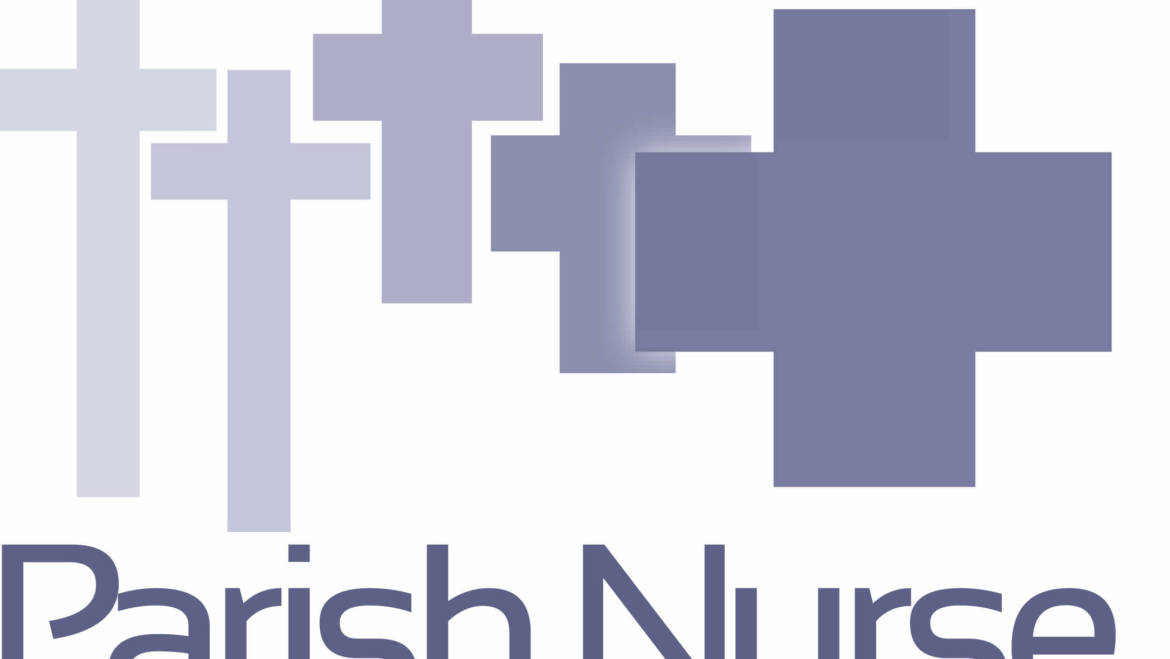Get Help For Allergies
Spring is the time seasonal allergies affect many people. The symptoms are like a cold, which is caused by viruses, but seasonal allergies (hay fever) never cause general aches and pains, rarely a sore throat and never a fever. However seasonal allergies can cause a cough, fatigue, itchy eyes, sneezing, and a runny stuffy nose. Symptoms can last several weeks to months. So, what helps? Allergies are caused by triggers in our environment. Pollen is the biggest trigger in Spring and the growing season. You can go to an allergy MD to check for other allergy triggers but let’s review seasonal environmental interventions.
The Mayo Clinic allergy website, (www.mayoclinic.org/…/seasonal-allergies), recommends these interventions to reduce exposure and thereby symptoms related to seasonal allergies:
·Stay indoors as much as possible on windy and dry days.
·Delegate gardening chores like, weeding, mowing, and planting.
·Try to reduce indoor air contaminants by keeping your heating and cooling air filters clean, Turn on air conditioning in the car and home as much as possible. Use high efficiency filters and follow maintenance schedules. Humidity also increases irritant concentrations, dehumidifiers are helpful.
·Compact bedroom HEPA (High Efficiency Particulate Arresting) filters can be used. Pollen is 10-40 microns or greater, a HEPA filter removes 99.97% of particulate matter larger than 3 microns
·Clean your house by vacuuming and frequent dusting while wearing a pollen mask, available at most pharmacies. HEPA filters are also available for vacuums.
·Change your clothes after an outdoor activity and take frequent rinsing showers because pollen can get trapped in clothes, hair and on skin. Don’t dry laundry outside.
·Frequent hand washing helps and keep hands out of eyes, even though you are itchy. Use a cool clean cloth to wipe eyes.
·Rinsing your sinuses decrease irritation. Distilled water or boiled and cooled tap
water can be used. Saline solutions available in stores can directly flush mucus and allergens out of sinuses. Look for a squeeze bottle or a neti pot and follow
directions on each. Be sure to clean any articles used between uses and dry and store in sealed containers.
·Close windows and doors at night during high pollen seasons.
·Avoid outdoors when the pollen count is high, especially in the early morning, pollen counts are usually higher in the A.M.
There are no miracle interventions or medications but decreasing triggers and irritation can decrease symptoms of seasonal allergies to a tolerable level. Over the counter antihistamines and decongestants can help, but continual use can be irritating to sinuses. Read the labels and ask pharmacists about interactions with prescription meds and known health problems. Decongestants can cause dizziness and drowsiness. If you have drowsiness or dizziness, restrict use when driving or using machinery. Observe how your allergy meds affect you during use and use caution. Doctors can prescribe pharmaceuticals and even immunizations when precautions and over the counter meds fail. Listen to local news and take extra precautions when the pollen count is high. Using allergy medication before symptoms develop is recommended when the pollen level is high.
Pat Woerheide, RN


